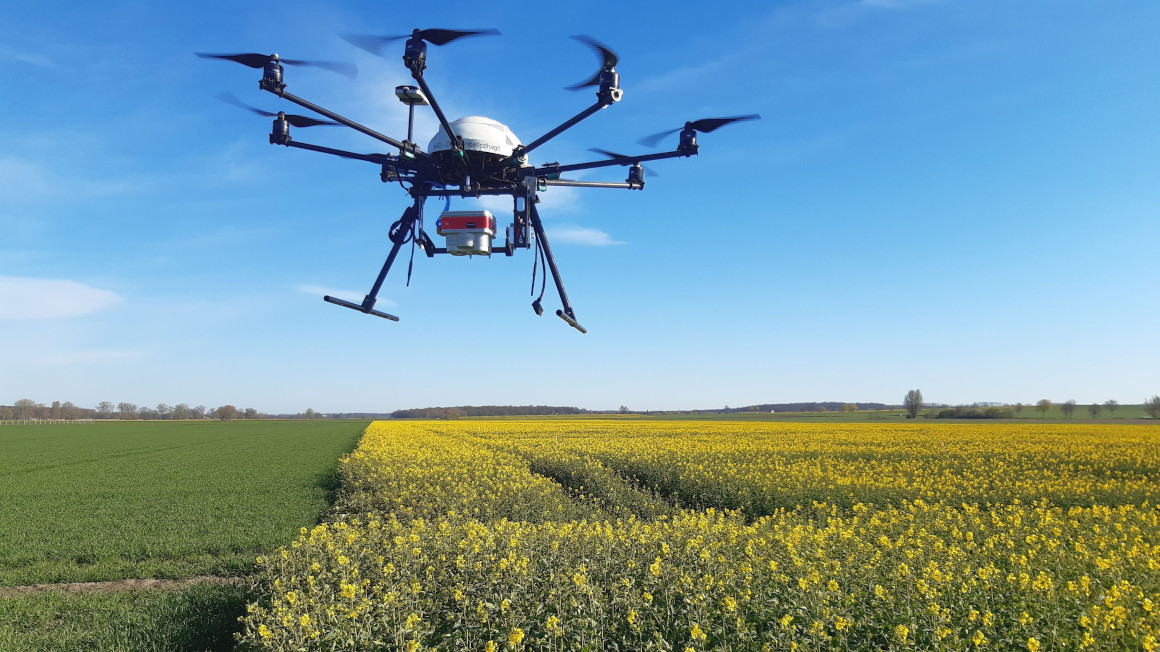Identifying strategies for saving plant protection products
In a new EU project, researchers led by the Julius Kühn Institute want to investigate how innovative technologies can be used to reduce the use of plant protection products in arable farming.

How can agriculture secure food for a growing world population without putting further strain on the planet? With the Farm-to-Fork Strategy, the European Union 2020 has drawn up a plan for how the region can become climate-neutral by 2050. This strategy is part of the European Green Deal and includes measures and targets for the production and consumption of food within planetary boundaries, such as reducing the use of pesticides by 50% by 2030.
Identifying research needs for plant protection after 2030
In the new Horizon Europe project "FORTUNA - Future Innovation for Pesticide Use Reduction in Agriculture", an international consortium led by the Julius Kühn Institute (JKI) aims to show what contribution agricultural research can make to the transformation of agriculture after 2030 by identifying knowledge gaps and issues in plant protection and identifying the resulting research needs.
Identifying drivers and obstacles
"The biological-ecological, technological and socio-economic assessment of the participating scientists leads to the identification of both drivers and barriers," explains Silke Dachbrodt-Saaydeh from the JKI, who is leading the FORTUNA project. "In addition to the reduction potential, the consortium is investigating which adaptations to the cultivation systems are necessary for the methods to have an effect in agroecological cultivation concepts and to promote biodiversity," she continues.
Paving the way for a new research and innovation agenda
In their analysis, the researchers will also take into account the need to adapt cultivation systems to the challenges of climate change. These findings will help to identify new research topics and develop a strategic research and innovation agenda by 2026.
A total of eleven research institutions from Denmark, Sweden, Italy, France, Greece, Hungary, Germany and Switzerland are working together in the FORTUNA consortium. The project is being funded with 1 million euros from 2024 to 2026 as part of the European research framework program Horizon Europe.
bb


